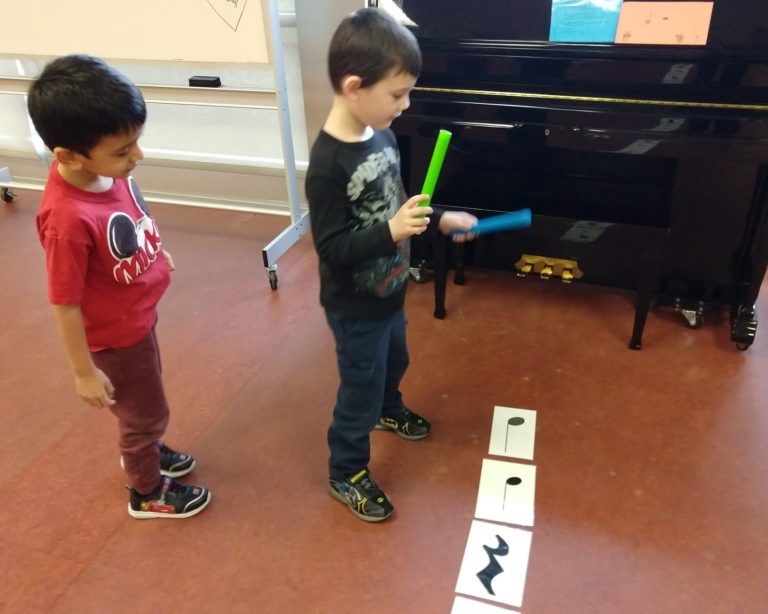New Year means it’s time to take stock of our lives and fix what we don’t like. Be it our diet, exercise routine or tendency to procrastinate, there is always room for improvement in the coming year. We not only benefit from New Year’s resolutions; our children can also learn a lot about self-discipline and the value of making goals. Here are some tips on how to help your kids benefit from making resolutions.
Make It a Family Activity
The best way to teach your children the importance of New Year’s resolutions is by making it part of the family tradition. Sit down each December and reflect on the past year, discussing your accomplishments and goals, as individuals and as a family.
It may help for parents to go first, to give children a model. If your child is old enough to write, he or she should write down their accomplishments and goals, and you can help your younger child by writing theirs down.
Resolutions for the entire family might include taking a monthly hike, playing board games twice a month or committing to more volunteering activities.
Make a master list to hang in the kitchen, or make a resolution box, in which each family member can drop in his or her resolutions, then pull them out at a later date to review.
Different Resolutions for Different Ages
For preschool-aged children, the American Academy of Pediatrics (AAP) recommends resolutions that focus on cleaning up toys, brushing teeth, washing hands, and being kind to pets. Parents who consider these behaviors part of their regular expectations may want to provide resolutions that focus on higher goals.
Encourage preschoolers to work on listening and helping skills. A resolution could be “I will be a better listener when Mommy or Daddy asks me to do something” or “I will help out more when Mommy or Daddy asks me.”
For children ages five and up to age 12, he or she is more able to comprehend a resolution and participate more in the process of picking one. Work with your child to come up with areas for improvement. Possible suggestions: commit to drinking more milk and water on a daily basis or wearing a seat belt.
When your child gets into adolescence, focus more on the child taking more responsibility for her actions, e.g., taking care of his body, dealing with stress, or resisting drugs and alcohol.
Serve as a Role Model
Think of how you can include your child in your resolution. “I’m going to drink more water this year because water is good for me. Do you want to join me?” Or: “I’m going to turn off my phone when I get home. Can you remind me and also remember to keep your computer in your room until after dinnertime?”
Rewards Are Long Lasting
We all know the feeling of meeting a goal, whether it be losing five pounds, quitting smoking, or putting in extra hours to earn a promotion.. As you go over the family list of resolutions each month or quarter, take time to acknowledge the successes, along with reinforcing the resolutions that need more attention. Children will benefit by having the parent praise them, which will improve their self-esteem.
When you sit down to review resolutions, it’s important to be flexible and understanding, especially if the child is making the effort. You don’t penalize if you don’t fulfill a resolution. The resolution is not written in stone. It’s a guide.
However your family arrives at resolutions, the best part is that you’re doing it together and learning how to manage your role not only in the family but also in the larger world.




